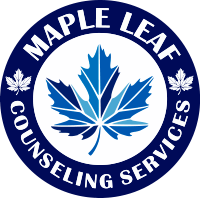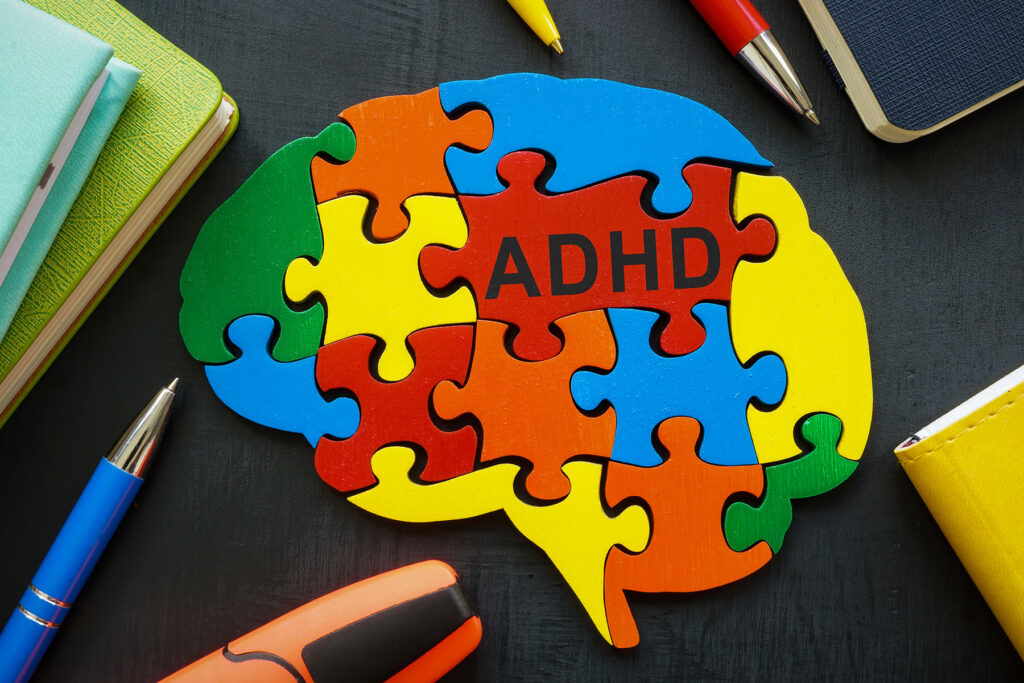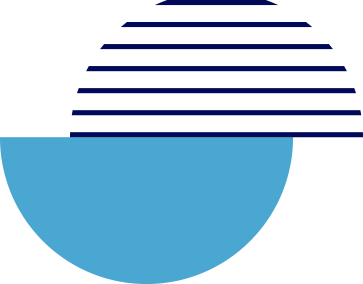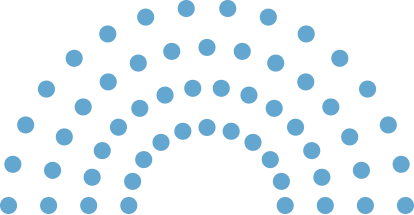Attention-deficit/hyperactivity disorder (ADHD) is a neurodevelopmental condition that affects millions of people worldwide, regardless of age, gender, or race. It is characterized primarily by inattentiveness, hyperactivity, and impulsivity. If left untreated, these symptoms can significantly impact an individual’s daily life and overall well-being.
Reach out to Maple Leaf Counseling for help overcoming ADHD symptoms and restoring balance in your life. Call 888.513.9317 or contact us online for more information about our ADHD treatment program in Michigan.
What Are the Main Symptoms of ADHD?
ADHD is more than just a distraction or a bout of hyperactivity. It’s an ongoing pattern of inattention and/or hyperactivity-impulsivity that can interfere with daily life and development. Understanding its symptoms is the first step toward managing them. The core symptoms are often divided into two categories.
Inattentive Symptoms
- Difficulty in sustaining attention in tasks or play activities
- Often fails to give close attention to details or makes careless mistakes in schoolwork
- Poor listener, often not following through on instructions and failing to finish chores
- Difficulty organizing tasks and activities
- Avoiding, dislike, or reluctance to engage in tasks that require sustained mental effort
- Loses things necessary for tasks or activities
- Easily distracted
- Forgetful in daily activities
Hyperactive-Impulsive Symptoms
- Fidgets with or taps hands or feet or squirms in seat
- Leaves one’s seat in situations when remaining seated is expected
- Runs about or climbs in situations where it is not appropriate
- Unable to play or engage in leisure activities quietly
- Talks excessively
- Blurts out an answer before a question has been completed
- Difficulty waiting one’s turn
- Interrupts or intrudes on others
It’s important to note that these symptoms may present differently between children and adults and in varying degrees.
How Is ADHD Treated?
The good news is that once diagnosed, ADHD is highly treatable. A comprehensive treatment plan typically includes a combination of:
Medication
Medication can significantly reduce hyperactivity and impulsivity while improving attention span. Common medications for ADHD include stimulants like Adderall or Ritalin and non-stimulant options like Strattera or Wellbutrin. Medication should always be carefully monitored and adjusted by a healthcare professional.
Therapy
Psychotherapy plays a crucial role in helping individuals with ADHD develop strategies to cope with their symptoms. Cognitive-behavioral therapy (CBT) can be particularly effective in identifying and changing the negative patterns that often come with ADHD, such as inattention and disorganization.
Education
Learning about ADHD and how it affects you or your loved one can demystify the condition and provide insights into managing it. Special education services can be invaluable for children with ADHD, tailoring their learning environment to support their needs.
Support
Having a strong support network is essential for those with ADHD. This can include family, friends, support groups, and mentors. These are spaces where individuals are understood and accepted and where they can share experiences and strategies for coping.
Lifestyle Changes
Incorporating a healthy lifestyle with regular exercise, a balanced diet, and adequate sleep can significantly improve ADHD symptoms. These changes are foundational and should not be overlooked as part of a treatment plan.
It’s crucial to understand that while there’s no cure for ADHD, effective treatment can significantly minimize its impact, making each day more manageable and enjoyable.
Begin Treatment for ADHD Today — Contact Maple Leaf Counseling
At Maple Leaf Counseling, we offer a compassionate and effective approach to treating ADHD. Our specialists are dedicated to supporting individuals on their ADHD journeys, guiding them toward a life full of focus and productivity. Take the first step today by calling 888.513.9317. You can also reach us via our brief online form.




